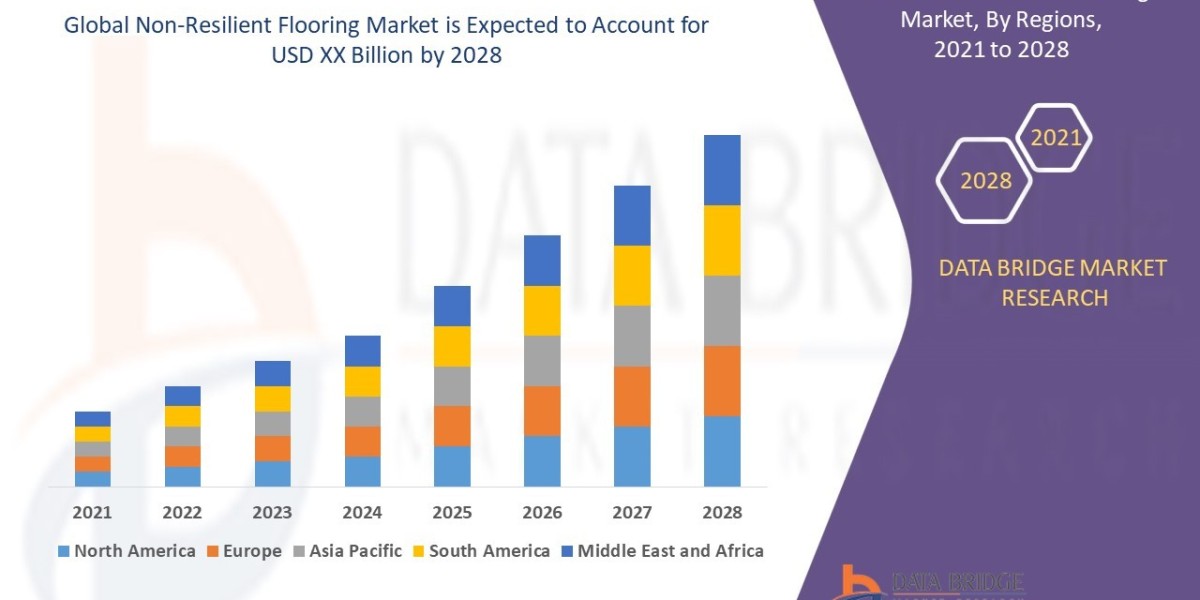Organizations rely on data visualization tools for decision-making. Tableau has become a widely adopted platform due to its user-friendly interface and advanced analytics capabilities. However, as data volumes grow and software versions evolve, businesses must migrate Tableau environments or upgrade to newer versions. Both tasks involve risks such as data loss, broken dashboards, or performance issues. Certified consultants offering Tableau Consulting and Tableau Consulting Services help mitigate these challenges by bringing experience, proven frameworks, and technical knowledge.
Why Organizations Need Tableau Migration and Upgrade Support
Tableau environments change for several reasons:
Upgrading to newer Tableau versions for better performance and new features
Migrating from Tableau Server to Tableau Cloud
Moving from on-premise to hybrid or cloud-native deployments
Consolidating multiple Tableau sites or servers
Changing infrastructure from legacy data centers to modern cloud platforms
These transitions must ensure data security, minimal downtime, and full retention of dashboards, reports, and permissions. Certified Tableau consultants reduce risks by using tested methodologies and toolsets.
Tableau Consulting Services: What They Include
Tableau Consulting Services cover a wide range of support for deployment, administration, and visualization development. During migration and upgrades, consultants provide specialized services:
Key Services Offered
Environment Assessment: Reviewing existing Tableau server configurations, data sources, and user activities
Version Compatibility Review: Ensuring compatibility between current and target Tableau versions
Backup and Rollback Planning: Creating secure backups and planning rollbacks in case of errors
Content Migration: Moving dashboards, data sources, and permissions without loss or corruption
Performance Tuning: Optimizing extract refreshes, server performance, and dashboard load times
Security Validation: Verifying role-based access, encryption settings, and data source security
User Training and Change Management: Ensuring end users adapt to the upgraded system
Tableau Migration: Steps and Best Practices
Migrating Tableau environments requires planning and precise execution. Certified consultants use structured steps to minimize disruptions.
Step 1: Assessment and Discovery
Inventory all workbooks, data sources, and permissions
Identify dependencies such as scheduled extracts and external integrations
Review current Tableau version and architecture
Step 2: Backup and Pre-Migration Testing
Perform full backup of Tableau Server including repository and configuration files
Run test migrations in sandbox environments
Document changes and test plan
Step 3: Execution of Migration
Migrate content using tools like TabMigrate or Tableau Content Migration Tool
Validate published data sources and user permissions
Reconfigure custom settings such as SAML, SMTP, or load balancers
Step 4: Validation and Go-Live
Conduct regression testing for dashboards and scheduled tasks
Train users on any changes in interface or functionality
Monitor performance metrics post-migration
Tableau Upgrade: Key Considerations
Upgrading Tableau is not a simple install. Each version introduces new features and architectural changes. Consultants offering Tableau Consulting guide the upgrade to avoid problems.
Challenges During Upgrades
Version Gaps: Skipping multiple versions increases chances of compatibility issues
Deprecation of Features: Older features may be removed or replaced
Custom Scripts and APIs: Existing automation may break in newer versions
Workbooks and Extensions: Dashboards may require adjustments for new rendering engines
Common Mistakes Without Expert Guidance
Without expert help, companies face significant risks during migration or upgrade:
Loss of calculated fields and filters
Incorrect permissions leading to data breaches
Incompatibility with database drivers or connectors
Broken scheduled jobs or background tasks
Downtime exceeding acceptable thresholds
According to internal IT surveys, over 40% of Tableau upgrade attempts led to unexpected failures due to inadequate planning.
Why Hire Certified Tableau Consultants
Certified Tableau consultants have validated skills in Tableau Server management, dashboard optimization, and migration strategies. They bring experience from handling diverse environments—cloud, hybrid, or on-premise.
Advantages of Using Certified Consultants
Faster Execution: Projects complete 30% faster with certified resources
Fewer Errors: Error rates drop by over 40% due to proactive validation
Scalability: Consultants build environments ready for future expansion
Security Compliance: Certified consultants align configurations with GDPR, HIPAA, or SOC standards
Tools and Automation Used in Tableau Consulting
Certified consultants use a combination of built-in and custom tools to automate migration and upgrades.
Common Tools
TabMigrate: Used for moving workbooks and data sources
Tableau Content Migration Tool: Supports selective and rules-based migration
Tableau Server Repository (TSM): Manages configuration and services
Custom Scripts (Python, PowerShell): Automate testing and validation
Monitoring Tools: Track performance using tools like New Relic, Splunk, or custom dashboards
Automation reduces manual work, lowers the risk of errors, and improves traceability.
Use Case: Migrating Tableau from On-Premise to Cloud
An enterprise running Tableau Server on-premise decided to shift to Tableau Cloud to reduce infrastructure costs. Certified consultants handled the end-to-end migration:
Key Steps
Inventory of over 500 dashboards and 80 data sources
Full backup and staging on Tableau Online
Re-mapping of scheduled extracts to new cloud connectors
Security audit to match SSO configurations
User training sessions for cloud dashboard access
Cost of Tableau Consulting Services
Pricing depends on project size, complexity, and consultant experience.
Average Hourly Rates (Global):
India: $40–$70/hour
Eastern Europe: $60–$100/hour
US/UK: $100–$160/hour
Fixed-price engagements are common for well-defined upgrade or migration projects. While higher than internal teams, certified consultants reduce post-migration issues, making them cost-effective in the long run.
Key Statistics
Tableau has over 1 million active users across enterprises
67% of large Tableau environments undergo a version upgrade every 12–18 months
Businesses that use certified consultants report 35% fewer performance complaints
Downtime during certified-led migrations is 50% shorter compared to internal-only migrations
Conclusion
Tableau is a powerful platform for analytics, but maintaining a healthy and current Tableau environment requires technical skill and planning. Migrations and upgrades involve risks such as downtime, compatibility errors, and broken dashboards.
Certified Tableau consultants reduce these risks by offering structured, efficient, and secure migration paths. By using automation tools, best practices, and detailed planning, consultants ensure that businesses retain access to reliable and high-performing dashboards throughout their transition.







